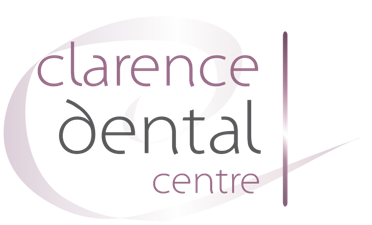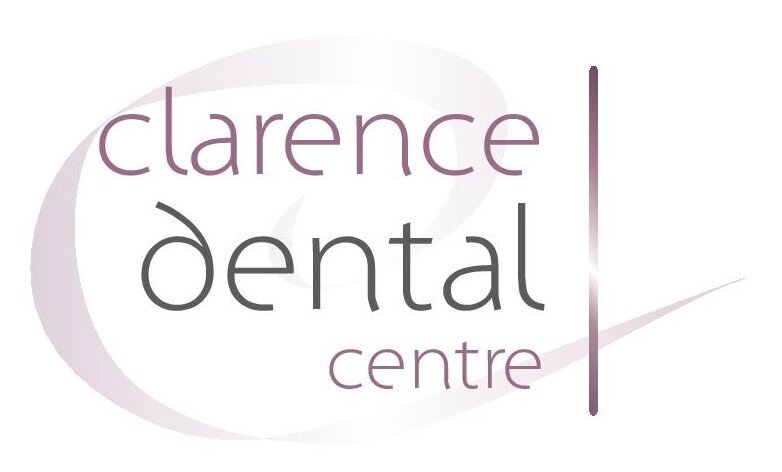Oral Health and Gastrointestinal Disease: Where’s the connection?
It’s day 2 of Dental Health Week, and today we explore the relationship between oral health and gut health. It is essential to recognize that oral health is not isolated from the rest of the body, as emerging evidence sheds light on the profound connection between oral health and gastrointestinal diseases such as inflammatory bowel disease. Gone are the days when dental health was merely about maintaining a beautiful smile; it's now about nurturing a gateway to overall well-being.
The Oral-Gastrointestinal Connection is a Bidirectional Relationship
The mouth and the gastrointestinal (GI) tract are both parts of our digestive system, and it's no surprise that they are closely connected. This connection is known as the oral-gut axis, operating in a bidirectional manner, meaning issues in one area can influence the other. Oral health and GI health are related in a number of ways:
Oral bacteria: Our mouth is a diverse ecosystem, housing millions of bacteria. These bacteria play a crucial role in the initial stages of digestion as food breaks down in the oral cavity. However, if the oral environment becomes imbalanced due to poor oral hygiene or untreated dental problems, harmful bacteria can travel down the GI tract, potentially leading to gastrointestinal issues.
Inflammation and Immune Response: Neglected oral health can result in periodontal disease and oral infections. The resulting inflammation and immune response can release inflammatory markers into the bloodstream, affecting the GI tract and potentially exacerbating existing gastrointestinal diseases.
Nutritional Implications: Chewing is the first step in the digestive process, and maintaining healthy teeth is essential for proper food breakdown. Poor oral health, such as missing or decayed teeth, can hinder the chewing process, leading to inadequate digestion and nutrient absorption in the GI tract.
Acid Reflux and Dental Erosion: Gastrointestinal diseases like acid reflux can cause stomach acid to flow back into the oesophagus and mouth. This acid can erode tooth enamel over time, leading to dental sensitivity and increased risk of cavities.
Dry Mouth: Some GI conditions and medications used to treat them can cause dry mouth, reducing saliva flow. Saliva plays a vital role in neutralising acids, washing away food particles, and preventing bacterial overgrowth. A lack of saliva can contribute to dental decay and other oral health issues.
Nutritional Deficiencies: Certain gastrointestinal diseases can impair nutrient absorption, leading to deficiencies in essential vitamins and minerals crucial for maintaining healthy teeth and gums.
What can we do to promote oral and gastrointestinal health?
Consistent Dental Care: Practice proper oral hygiene by brushing twice a day, flossing daily, and scheduling regular dental check-ups. Early detection and treatment of dental issues can prevent complications and their impact on the GI tract.
Balanced Diet: Eat a nutritious diet that supports both oral and gastrointestinal health. Minimise sugar intake and opt for a variety of fruits, vegetables, whole grains, and lean proteins to maintain a healthy gut microbiome and provide essential nutrients for oral health.
Stay Hydrated: Drink plenty of water to keep your mouth moist and help with saliva production.
Manage Gastrointestinal Conditions: If you have a known GI condition, work closely with your healthcare provider to manage it effectively. Address any concerns about oral health with your dentist.
Avoid Smoking and Vaping and Limit Alcohol: Both smoking and excessive alcohol consumption can harm both oral and gastrointestinal health. Reducing or eliminating these habits can improve overall well-being.
The bidirectional nature of the relationship between oral and gut health underscores the importance of nurturing both aspects for overall wellness. By prioritising regular dental care, maintaining a balanced diet, and managing gastrointestinal conditions, we can support overall health and well-being.
For more information on managing oral health, check out the resources available at the Australian Dental Association’s Teeth.org.au


